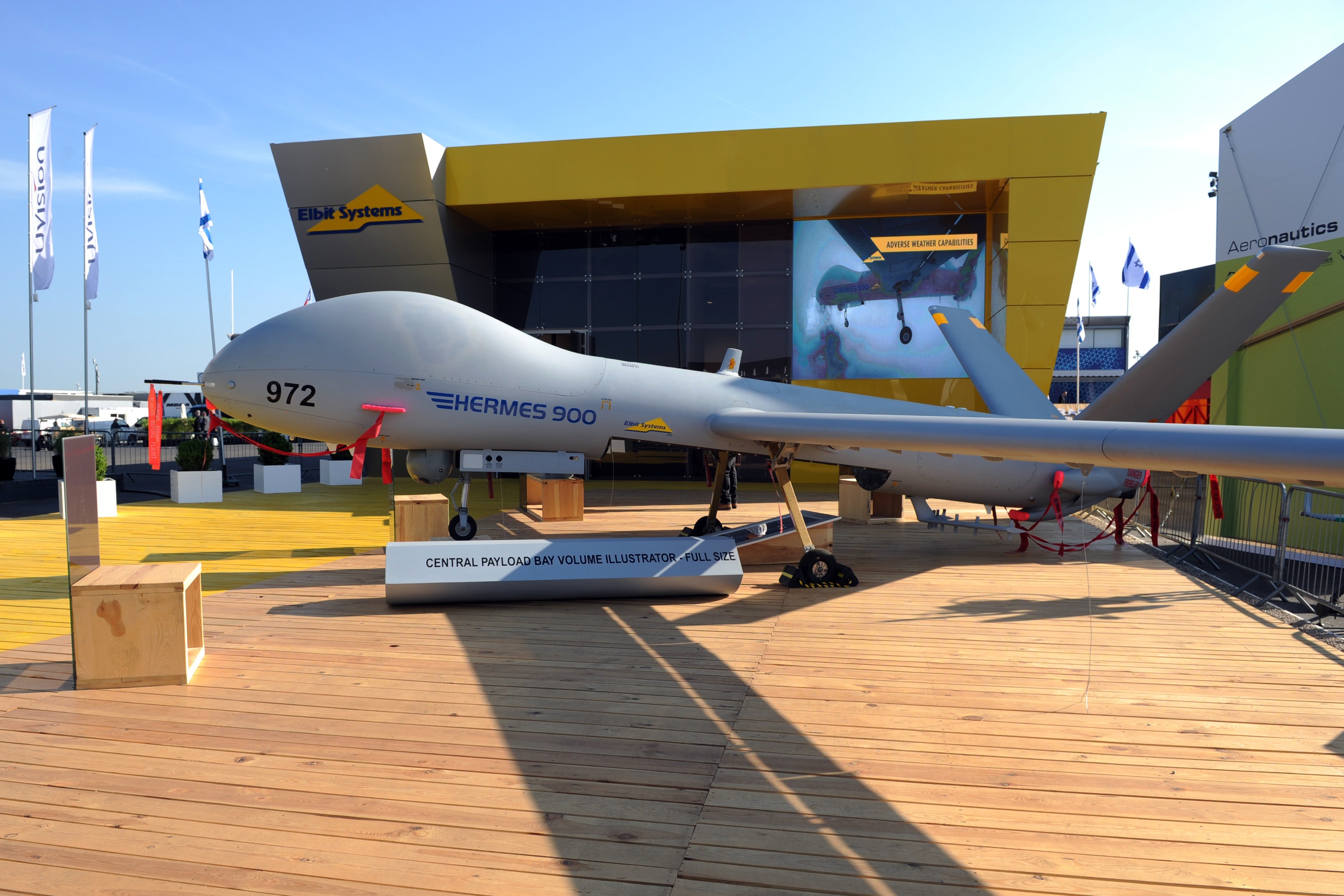JERUSALEM, Israel — Elbit Systems of Australia, a subsidiary of Israel’s Elbit Systems, said it was selected to supply unmanned aerial systems including the Skylark I LEX to the Australian Army.
The system will be equipped with electro optical and an Automatic Dependent Surveillance-Broadcast system, which enables an aircraft or vehicle to broadcast its position and altitude and other data which can then be received by air traffic control or other stations.
“With a certified ADS-B system, Elbit Systems of Australia will support the Australian Army achieve wider use cases outside of traditional Army UAS employment including integration into more classes of airspace,” the company said in a statement. “This will enable Australian Defence Force support to civilian operations for disaster and humanitarian relief.”
RELATED

The electric-propelled Skylark I LEX has a range of 40 kilometers (25 miles) and can fly for three hours with a maximum payload of 1.2 kilograms (2.6 pounds). The Skylark 3, by contrast, can fly for 6 hours at a range of 100km with a takeoff weight that is five times greater. The Skylark 3 Hybrid, which Elbit showcased for the first time in Singapore in February, is similar in size to the Skylark 3 but can fly longer, with a hybrid combustion and electric engine.
Elbit calls Skylark I LEX “the latest evolution of the battle-proven, high-performance Skylark I system, which has been delivered to over 30 different users worldwide.” The LEX is used by the Israel Defense Forces at the battalion level and is also used in NATO countries. For instance a report in a Czech army and defense magazine in 2021 said the country was using Skylarks. The Skylark LEX was one of many types of drones included in a large deal signed in 2019 with a unnamed country in southeast Asia.
The weight and size of the Skylark I LEX enables it to be packable and launched and operated by several people or carried on a vehicle. In previous statements Elbit has said the system can be used for a variety of types of missions such as reconnaissance, force protection, or perimeter security. Elbit did not provide the total value for the contract or when the systems would be delivered.
“This is great news for Elbit Systems of Australia as we gain momentum by broadening our offering to the ADF, as well as growth of our uncrewed and autonomous system capability being developed and used in country,” Paul McLachlan, Managing Director of Elbit Systems of Australia, said.
Seth J. Frantzman is the Israel correspondent for Defense News. He has covered conflict in the Mideast since 2010 for different publications. He has experience covering the international coalition against the Islamic State group in Iraq and Syria, and he is a co-founder and executive director of the Middle East Center for Reporting and Analysis.








